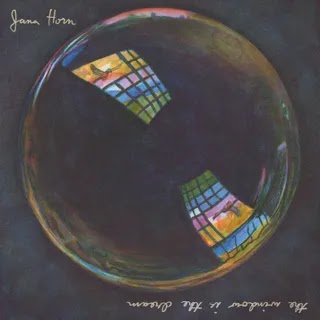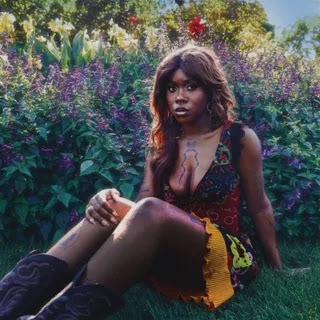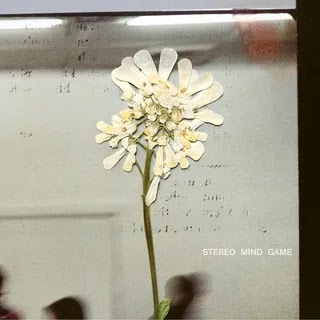The Canadian songwriter blends into the atmosphere of her piano and acoustic guitar, presenting her exceedingly intimate music as an inventive and subtly visceral experience.
There is nowhere to hide on Monarch Season. The latest album from Canadian songwriter Jennifer Castle is as open-ended and unfurnished as folk music can get. Each of its songs was recorded at Castle’s Ontario home, the windows open to let in sounds from Lake Eerie just outside. The lyrics are bound by a focus on the moon, but you would be hard-pressed to find anything resembling a narrative in her writing. “I see the wings in everything,” Castle sings in the title track, offering a key into the imagistic worldview that spans her music.
In an interview with Kreative Kontrol, Castle described the recording process for this album, a solitary exercise featuring just a few appearances from long-time collaborator Jeff McMurrich, as being somewhat improvised. Instead of complete thoughts, she favored the feeling of uncertainty. When she takes a long pause between her words, as she does throughout the slow-motion highlight “Moonbeam or Ray,” she lets you linger in that space with her. The goal is to present her songs like fireflies in a jar: glowing, alive, and waiting to be released back into the night.
The quiet of this record is particularly effective in response to 2018’s Angels of Death, a lush full-band album that accompanied Castle’s writing on grief with the most sweeping music of her career: One of its best songs, “Rose Waterfalls,” sounded like the theme to an imaginary ’70s film about a country singer living on a commune. It was a record that framed her voice, a distinctive instrument pitched between the melodic depth of Emmylou Harris and the outsider charm of Kath Bloom, as a leading force: a vessel for storytelling, high drama, and big questions.
On Monarch Season, she subverts this authority, blending into the atmosphere of her piano and acoustic guitar. Sometimes, her voice disappears completely. Castle bookends the record with the wordless acoustic opener, “Theory Rest,” and a coda of field recordings, giving it the aura of a live set broadcast from her home (although it was completed before lockdown this year). She aids this intuitive structure by including “Veins,” a song she first recorded for her 2006 debut. Accompanying herself on acoustic guitar, she punctuates her words with a wheezy motif on harmonica that comes out slightly glitched, like the recording had been warped by the time that’s passed.
These psychedelic effects are a way for Castle to toy with the mechanics of her songwriting, to keep her music from resembling anything that feels traditional or reverent to the past. The most old-school sounding moment is “I’ll Never Walk Alone,” with melodic fingerpicking that seems transported from an old British folk song. But instead of singing along, Castle uses her warbling, hushed voice to play against its catharsis. In the lyrics, she alludes to the draining quality of performing live, trying to please an audience of more than just herself: “I birthed from the mouth of a cave/And I walked to the front of the stage,” she sings. “I labored all night for them/Labored all day.”
In these words, Castle implies a distance between the two poles of her career—the solitary spark of creation and the presentation of her completed work to the world. The thrill of Monarch Season is in how she collapses these roles, offering her music as something both thoughtful and unfinished. (The physical edition of the record comes with a songbook, allowing listeners to recreate her process and rebuild these songs from scratch.) The result is an inventive and subtly visceral record. On any given listen, we are invited to travel its distance along with her: to quiet our thoughts, take a deep breath, and linger in the strange, uneasy space between where we started and where we’re going next.
















0 comments:
Post a Comment